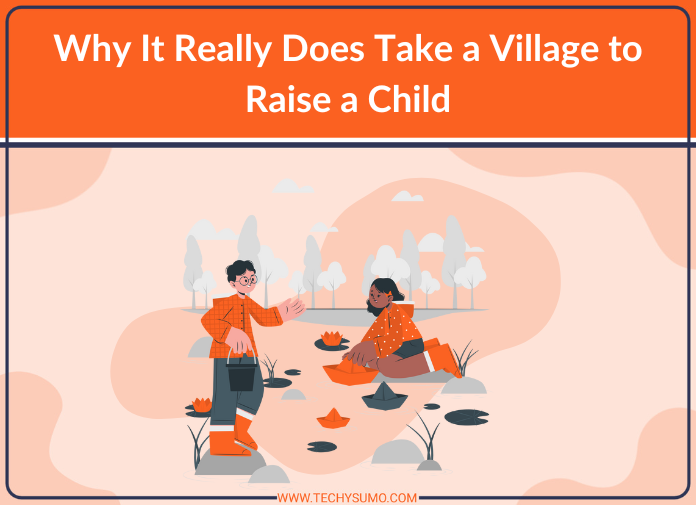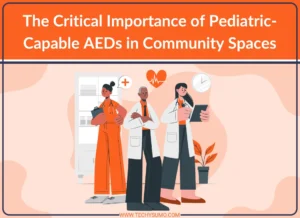The old African proverb “it takes a village to raise a child” suggests that parenting should be a communal effort, with family, friends, neighbours and the wider community all playing a role in bringing up children. This idea may seem outdated today, with many modern parents trying to go it alone. However, there are still good reasons why parenting is best approached as a joint endeavour.
Table of Contents
The Benefits of Community Support
Raising kids is hard work. The daily demands of feeding, clothing, educating and nurturing children can overwhelm individual parents. Having additional support from grandparents, aunts and uncles, friends and neighbours helps share the load. The UK has traditionally had strong community ties, although increasing mobility has weakened this in recent decades. Rebuilding community bonds could provide parents with much-needed help.
Regular childcare from grandparents enables parents to take a break. Neighbours can lend a hand in emergencies or school runs. The community contributes resources like playgrounds, activities and schools that benefit children. Ultimately, parenting with community backup makes the task more manageable and less isolating.
Support for Foster Carers
Foster cares play a vital role in providing stable homes for vulnerable children. Thankfully, foster carers receive a lot of foster care support from their respective agencies. Respite care, parenting classes, counselling and peer support groups allow foster families to recharge. With so much help on offer, foster carers can provide the nurturing homes these children need.
Developing Social Skills
Children’s socialisation depends on interacting with a diverse range of people. Spending time with grandparents passes on family history and traditional skills. Playing with neighbourhood children helps develop friendship skills. Engaging with people of different ages, cultures and abilities teaches respect and empathy. A strong community exposes children to a variety of role models and support networks. This helps them grow into socially adept citizens. Conversely, children who only interact with parents may struggle with peer relationships. A village-style upbringing prepares kids for cooperating in the wider world.
Also Read
Shared Values and Identity
Communities are built on common values, norms and traditions. The village raises a child in the beliefs and practices of the wider culture. This provides children with a sense of identity and belonging. Shared activities like religious events, festivals and rites of passage connect children to their roots. Community child-rearing ensures values like compassion, cooperation and respect are passed to the next generation. This cultural inheritance is as essential to a child’s development as food and shelter. Raising children in isolation deprives them of this rich legacy.
In today’s fragmented society, it’s tempting for parents to go it alone. However, the old African proverb still holds wisdom. A strong support network shares the parenting load, prepares children socially, and connects kids to cultural roots. Rebuilding community solidarity takes effort but repays parents with better support.
UK policy makers should make reviving communities a priority, to help villages raise the next generation. Supportive communities are as vital to raising thriving children today as they have been for centuries. Parents should embrace the African notion that it takes a village, not go it alone.






